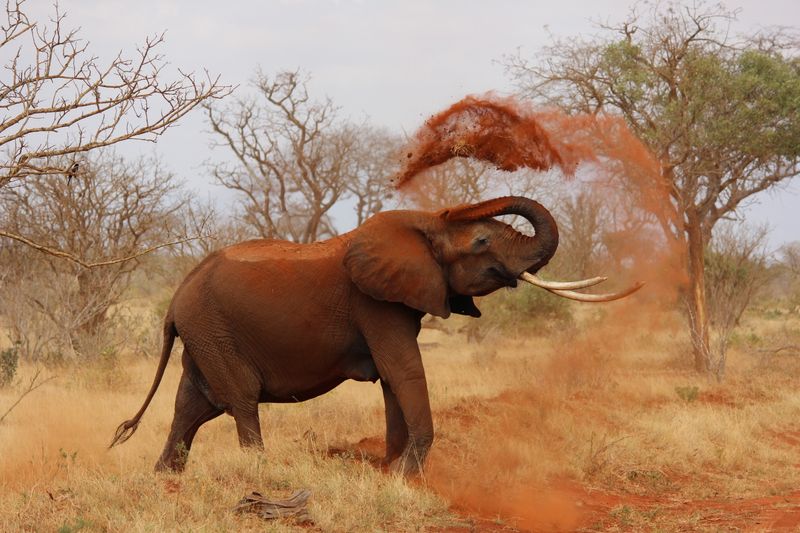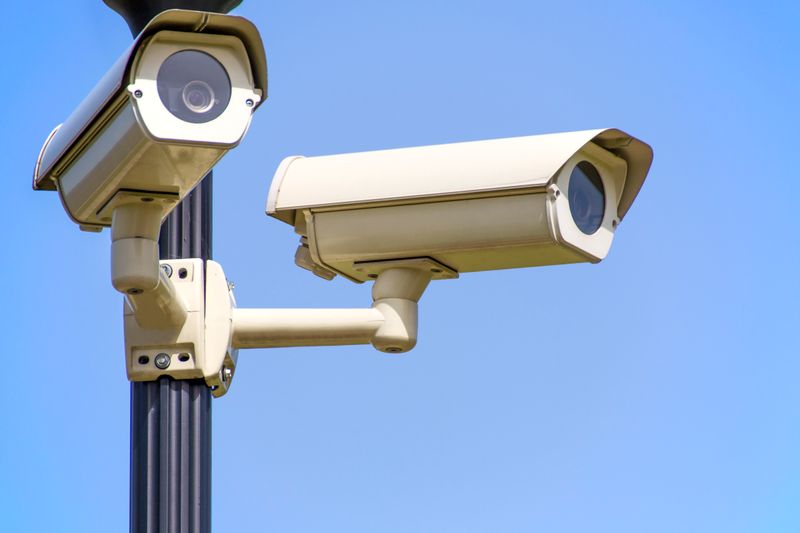BBC Crew Breaks Golden Rule of Wildlife Filmmaking to Save Wildlife in Planet Earth III Documentary
The Changing Attitudes Towards Helping Wildlife
A BBC crew working on the highly anticipated documentary series, Planet Earth III, has broken the golden rule of wildlife filmmaking by intervening and saving wildlife from plastic litter and fishing nets. This departure from the traditional approach of “never intervening” during wildlife filming is a reflection of the changing attitudes towards helping animals in distress. The new series, narrated by the revered Sir David Attenborough, will explore how animals are coping with the environmental changes brought about by global warming.
Sir David Attenborough, pictured here, will be narrating the new documentary Planet Earth III.
A Departure from the Traditional Rule
Traditionally, wildlife filmmakers have adhered to the principle of not intervening in natural events, such as hunts or animals becoming prey for others. However, the crew of Planet Earth III believes that the world is now witnessing many situations where animals are suffering due to unnatural factors. The new series will feature scenes where camera crews actively rescue animals from dangerous situations, including untangling wildlife from plastic litter, rescuing sealions from fishing nets, and assisting tired turtles into the sea.
Camera crews will be seen rescuing animals like sealions from dangerous situations in the new series.
Rescues and Interventions in Previous Documentaries
This is not the first time a BBC crew has intervened to save animals during filming. In 2016, while shooting for David Attenborough’s show Dynasties in Antarctica, a crew saved a group of penguins and their babies that had fallen into a chasm after a white-out. In a unanimous decision, the crew dug an escape ramp, providing the penguins with a chance to survive.
Director Will Lawson explained the decision, stating that there is no rule book in such situations, and filmmakers can only respond to the facts in front of them. He also emphasized that the trauma and difficulty faced by the animals are often far greater than what is shown on screen.
The Implications of Intervention
The decision to intervene in wildlife situations raises important questions about the role and responsibility of wildlife filmmakers. By helping animals in distress, filmmakers are undoubtedly altering the natural course of events. Some may argue that this compromises the integrity and authenticity of the documentary, while others may view it as an act of compassion and an opportunity to shed light on the impact of human activities on wildlife.
A Philosophical Debate
The debate around intervention in wildlife filming is ultimately a philosophical one. On one hand, proponents argue that wildlife documentaries should reflect the harsh realities of nature, including the predator-prey dynamic and the natural consequences of environmental changes. They maintain that intervening disrupts the authenticity of the narrative and has the potential to distort viewers’ understanding of the natural world.
On the other hand, advocates for intervention contend that filmmakers have a responsibility to use their platform to raise awareness about the challenges faced by wildlife due to human activities. By showcasing the impact of plastic litter and fishing nets on animals, Planet Earth III seeks to connect viewers to the urgent need for conservation efforts. The documentary aims to draw attention to the changing face of nature and the increasing role humans play in shaping it.
The Role of Wildlife Filmmakers
The evolving approach to wildlife filmmaking observed in Planet Earth III reflects a shifting paradigm in the field. While the traditional rule of non-intervention remains relevant in certain contexts, such as natural predator-prey interactions, filmmakers now recognize the need to adapt their methods to suit the unprecedented challenges posed by human-induced disturbances.
Although the decision to intervene in wildlife situations should be approached with caution, it opens up opportunities for filmmakers to capture and communicate the profound impact of human activities on the natural world. By showcasing both the resilience and vulnerability of animals, Planet Earth III aims to foster a deeper understanding and empathy for the complexities of our shared ecosystem.
Conclusion
The upcoming release of Planet Earth III marks a significant departure from traditional wildlife filmmaking practices. By featuring scenes of intervention and rescue, the documentary provokes philosophical discussions about the role and responsibility of filmmakers while emphasizing the urgent need for conservation.
As viewers eagerly anticipate the breathtaking cinematography and captivating narratives that have become synonymous with the Planet Earth franchise, they are also presented with an opportunity to reflect on humanity’s impact on the natural world. Through its pioneering approach, Planet Earth III hopes to inspire audiences to become proactive agents of change, working towards a future where wildlife can thrive amidst the challenges brought on by global warming and human activities.

<< photo by Pixabay >>
The image is for illustrative purposes only and does not depict the actual situation.
You might want to read !
- BBC Springwatch Star Chris Packham Calls Police and Issues Warning: Protecting Wildlife from Threats
- TEST YOUR KNOWLEDGE: Can You Name the Capitals of US States?
- “Strictly Shocker: Paralympian Jody Cundy Makes Surprising Exit from the Dance Floor”
- Rangers’ Bold Move: Philippe Clement Takes Charge of Men’s Team
- Wales’ Modern-Day Explorer Unearthing the Secrets of the Hidden Mines
- “Uncovering the Mishap: Angela Rippon’s Wardrobe Malfunction on Live TV”
- Australia’s Rejection of Proposal to Recognize Aboriginal People: A Setback on the Path to Indigenous Inclusion
- “Dancing Through the Decades: Annabel Croft’s Journey from the Tennis Court to the Strictly Dancefloor”
- Jody Cundy: From Paralympic Champion to Strictly’s Gold Medal Hopeful
- “Channel 4’s Gogglebox Faces Uncertainty as Show Gets Pulled from Regular Timeslot”




